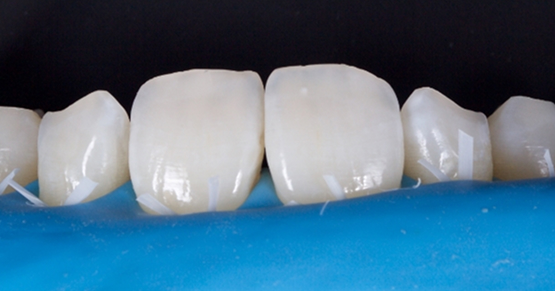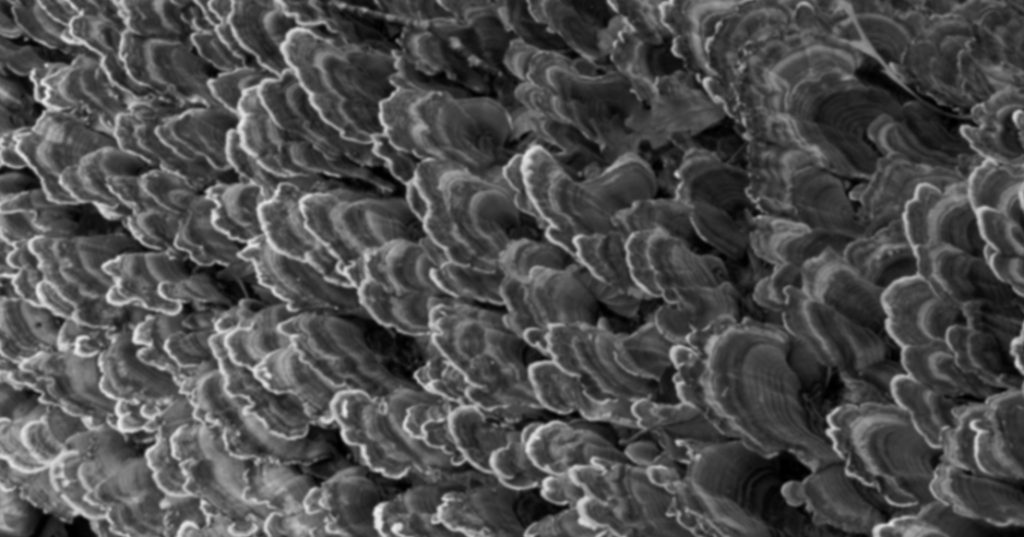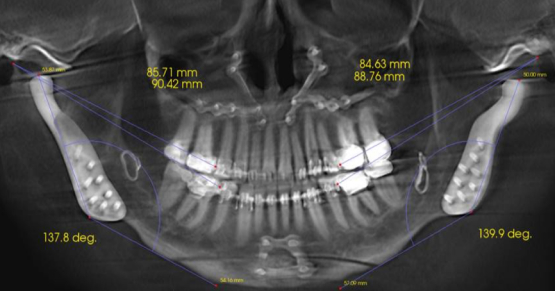How NAC Can Help Improve Airway Function
Snoring usually coexists with obstructive sleep apnea (OSA) and has been linked with numerous adverse health outcomes, including the development of systemic hypertension, cardiovascular disease, and abnormalities in glucose metabolism1. It can lead to excessive sleepiness, cognitive dysfunction, impaired performance, and an overall reduction in quality of life.1. Risk factors include age, excess weight, gender, craniofacial anatomy, familial or genetic predisposition, smoking, alcohol consumption, and other medical conditions, including excess mucus formation from allergies.

Personally, I have experienced increased mucus production associated with allergies, which has resulted in excessive nasal congestion and increased drainage in the back of my throat, especially at night. This has sometimes caused snoring and short apneic periods at night (as reported by my wife).
When discussing this with my physician, he mentioned that he has had relief of his nighttime nasal congestion by using N-acetylcysteine (NAC). NAC is a mucolytic and potent antioxidant drug that acts directly as a scavenger of free radicals — especially oxygen radicals — and potentially influences several inflammatory pathways2, 3. It’s a well-tolerated drug moderates clinging mucous secretions and enhances glutathione S-transferase activity.
In addition to functioning as a mucolytic, it is used to loosen thick mucus in individuals with chronic obstructive pulmonary disease. It’s also used to treat acetaminophen overdoses, to prevent alcoholic liver damage, and to protect against environmental pollutants. In Germany and other European countries, it is the most common mucolytic drug purchased over the counter. Side effects can include gastric and intestinal upset. In addition, some research shows it can slow blood clotting, so it may not be recommended for patients scheduled for extractions or oral surgery.
I currently take 600 mg of NAC every morning and have noticed a dramatic reduction in mucus production at night. Since I started taking it, I have not had any reported incidents of snoring or apneic periods. I seem to be sleeping more soundly and waking more rested. While this over-the-counter drug may not work for everyone, it is something to consider when treating patients with sleep-related issues who also self-report excess mucus production.
References
- Punjabi, N. M. (2008). The epidemiology of adult obstructive sleep apnea. Proceedings of the American Thoracic Society, 5(2), 136-143.
- Sadowska, A. M., Verbraecken, J., Darquennes, K., & De Backer, W. A. (2006). Role of N-acetylcysteine in the management of COPD. International Journal of Chronic Obstructive Pulmonary Disease, 1(4), 425-434.
- Mokhtari, V., Afsharian, P., Shahhoseini, M., Kalantar, S. M., & Moini, A. (2016). A review on various uses of N-acetyl cysteine. Cell Journal (Yakhteh), 19(1), 11.
SPEAR ONLINE
Team Training to Empower Every Role
Spear Online encourages team alignment with role-specific CE video lessons and other resources that enable office managers, assistants and everyone in your practice to understand how they contribute to better patient care.

By: Robert Winter
Date: February 20, 2019
Featured Digest articles
Insights and advice from Spear Faculty and industry experts


